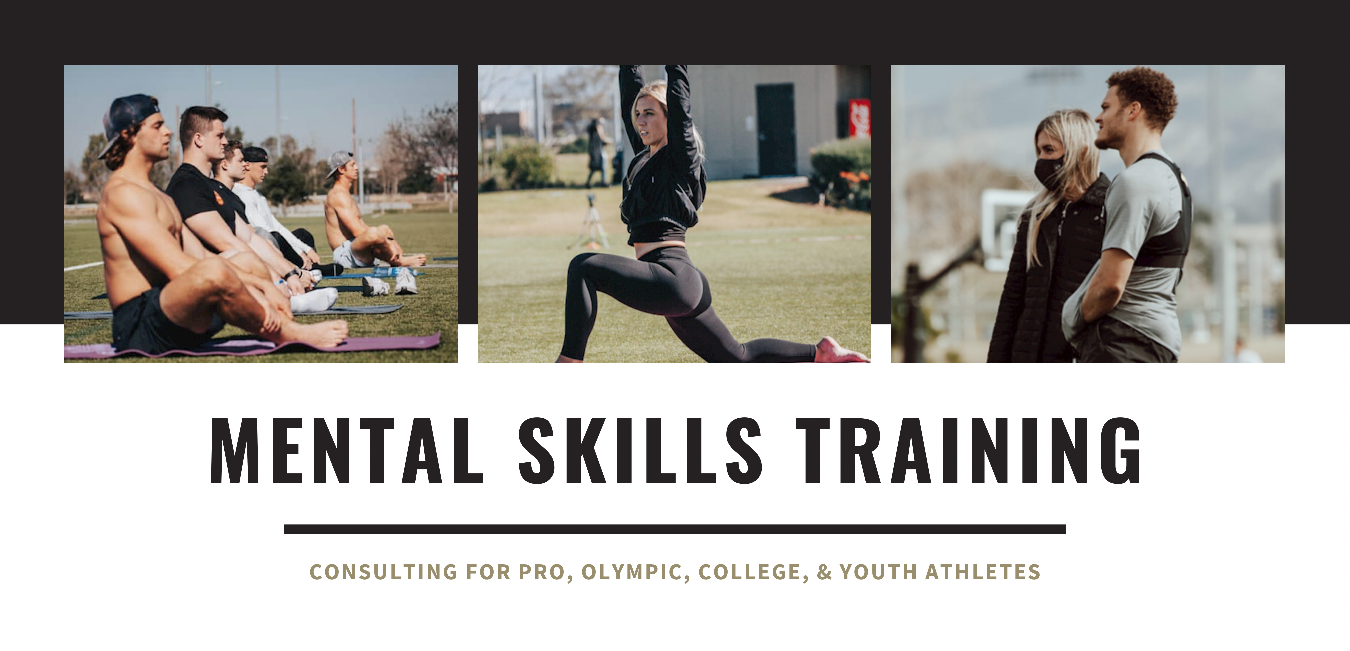Returning to sport after a serious injury is known to cause extreme excitement. Excitement is desired because you finally feel good again, but be mindful that it can also take the form of fear or ignorance. As a competitive athlete, playing your sport is your passion and drives all other areas of your life. Now that the piece is put back into place and the pie is whole again you are ready and rearin’ to go.
The longer you were sidelined the longer things will take to return to normal. The period of regaining strength, endurance, agility, and skill can feel frustrating if you were out for longer than a few months. Just because you no longer experience pain does not mean you are immediately back to your previous level of play. Muscle tissue and your central nervous system need time to adapt to become strong and quick once again. This is a time to really focus and dial in on your form and compensatory patterns. Gain strength in the basics.
Here are three common return to play concerns.
Re-injury
If you were cleared by your surgeon, doctor, or physical therapist, then you are ready to go. Athletic trainers and coaches will be useful to you now as a proper set of eyes. Graduating PT should give you confidence that your body is responding well to stimulus. It is extremely normal to be fearful of reinjury, but if you let that fire sit in your mind it can take a very long time to extinguish. Fear can lead to altered movement patterns and compensation. It can lead to excessive worrying and not enough doing. It can lead to another injury because of tense muscles or stress. Like Elsa, let it go, let it goooo!
100% Performance Level
Being on the sidelines for an extended period of time can feel like prison, and when you are set free you will want to get right back to the peak of your performance. It will take some time to get back to a high level of strength, power, agility, and endurance. Whether it was one month or six months your body needs time to adapt. This does not change if you are a paid professional athlete or playing on Varsity in high school. Frustration can lead to poor performance. Be patient. Have a strategic plan and adjust it as necessary. Put your focus on your goals and what you need to do to get back to your level of play.
Support of the Coach and Team
Your team also had to adjust while you were recovering. Psychosocial support is important and it is shown that athletes who have support of their coaches and teammates recover faster and have less depression and fear. Feeling like athletic trainers, coaches and teammates understand and support your recovery process rather than pressure you to return before you’re ready gives you an opportunity to feel like you can eventually reach your goals together. Not everyone will be on board or relate to you. They may have never been injured and therefore will not understand the recovery process. Educate them. This is a good opportunity to improve communication and work together for the goals of the team.
If you prepare yourself physically to return to play, it would be a disservice to yourself not to prepare mentally. Setting recovery goals can not only keep you focused, but also help you feel confident and accomplished. Goals show you on paper that you are getting better. Practicing relaxation techniques can help you reduce stress and muscle tension as you get used to your intense training once again. Guided imagery and visualization techniques can give you confidence in integrating back into competition when stakes are high. Make up your mind to use your mind and gain control over your return.
-Marisa
